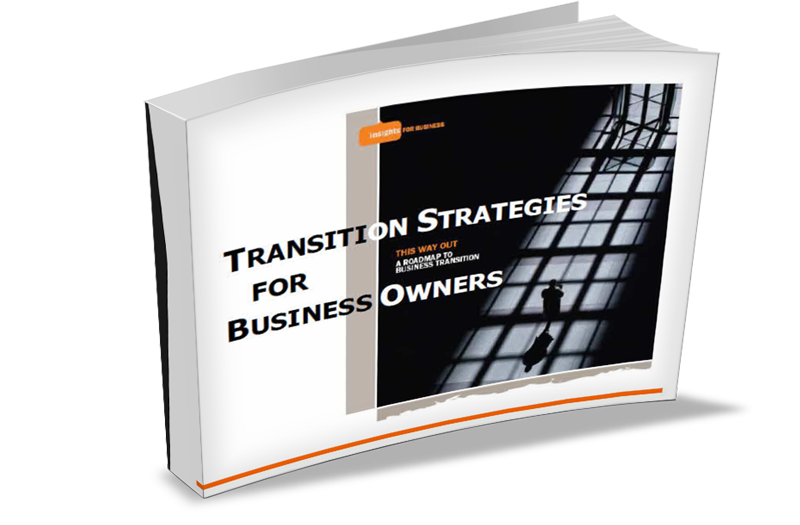
During tax season the same question always resurfaces among executives, business owners, and independent contractors – who should prepare my taxes?
While this question depends on each circumstance, the primary benefits of using a tax professional will always be time savings and improved accuracy. Individuals with more complicated tax needs will obviously benefit more from hiring someone to do their taxes, but everyone will benefit to some extent.
Tax return preparers are a vital part of the U.S. tax system. About 56 percent of taxpayers use tax professionals to prepare their returns. Selecting the right tax professional is critically important because taxpayers are ultimately responsible for what they submit on their tax return.
According to the IRS, the average cost of tax preparation for a 1040 (Schedule C) Tax Form is $218. The average cost for preparing an 1120 Tax Form (C corporation) is $806. The average cost for preparing a 1120S Tax Form (S corporation) is $761. The average cost for preparing a 1065 Tax Form (partnership) is $590. This makes some wonder if it is worth it to hire a professional at all.
Misconceptions around who can file on your behalf and which credentials are required to work on taxes confuse both individuals and businesses alike. Further complicating matters is the concern that one type of professional may provide incomplete tax advice compared to another. Taxpayers wonder – who will do a better job of limiting my tax burden to maximize my refund?
Understanding the key differences between financial professionals is essential in determining who you should entrust with your taxes.
CPAs are often the go-to choice for anyone with a complex tax situation. A CPA is not only qualified to prepare your taxes but also advise on other financial matters. Unlike a tax filing service that you only utilize once a year, a CPA will work with you on an ongoing basis to assist with all your financial needs from retirement planning to asset allocation. While CPAs can have different areas of expertise, they all have the financial qualifications necessary to sign off on tax returns.
UNLIMITED REPRESENTATION RIGHTS: certified public accountants have unlimited representation rights before the IRS. They may represent their clients on any matters including audits, payment/collection issues, and appeals.
Since it takes so long to become certified, CPAs tend to stay in the business for the duration of their careers, which provides long-term stability for executives and business owners. The result is a trusted partnership-approach to financing current needs and future goals throughout the lifecycle of your business or career. This continued professional relationship sets CPAs apart from other tax preparers.
Furthermore, CPAs are better adept at handling special circumstances and complicated tax returns, which is a relief for many taxpayers. They are fluent in the special tax rules surrounding startups, various revenue recognition methodologies, and asset acquisitions, which makes them a key resource for business owners.
The continuing education requirements to remain certified put CPAs at the forefront of tax code changes. This knowledge allows them to identify current and future opportunities to reduce a taxpayer’s tax burden, which is the primary reason that business owners and executives choose to utilize their services.
A CPA’s main differentiator is the ability to attest an audit, which means it affirms to the IRS that financial statements are truthful.
CPAs must maintain high ethical standards, which, combined with their experience, reduces the likelihood of being audited. However, in the event of an audit, a CPA can represent you or your business entity to the IRS.
Enrolled Agent
Similar to a CPA, an enrolled agent is also a certified tax professional. However, an enrolled agent is a federally-authorized tax practitioner rather than a state-licensed professional. An enrolled agent can provide tax consultations, file federal and state returns, and represent taxpayers to the IRS in an audit.
While CPAs obtain a degree before getting certified by a state accountancy board, enrolled agents can either work for the IRS for a minimum of five years in a tax interpreting role or take an advanced exam to demonstrate their tax knowledge. Becoming a certified enrolled agent is the highest credential awarded by the IRS.
Enrolled agents have advanced knowledge of tax issues, which makes them an excellent resource for tax advisory and filing needs. Much like CPAs, enrolled agents are also subject to ongoing educational requirements.
UNLIMITED REPRESENTATION RIGHTS: Enrolled agents have unlimited representation rights before the IRS. They may represent their clients on any matters including audits, payment/collection issues, and appeals.
The most conspicuous difference between CPAs and enrolled agents is the relationship they have with taxpayers. While CPAs deal with a taxpayer’s overall financial situation, enrolled agents strictly handle tax issues, which limits the extent and duration of their professional relationship.
Big Brand Tax Preparers
Some taxpayers choose to outsource their tax filing to a big-name tax preparation service like H&R Block or Jackson Hewitt. This is a popular solution because it is inexpensive and relatively quick. Typically, these companies will provide two types of services – tax return checks and tax preparation. In a tax return check, taxpayers are responsible for preparing their taxes themselves, and then they are simply paying for someone to look over their work. With tax preparation, taxpayers send over all relevant documents and have an employee prepare and file their taxes on their behalf. This type of seasonal transactional relationship may provide some peace of mind, but it does nothing to prepare for future financial needs or subsequent tax filings.
Many taxpayers assume that these companies employ the same CPAs and enrolled agents that they would have access to on their own. However, that is not always the case. Their employees may be CPAs or enrolled agents, but they can also be more generalized tax specialists. As a taxpayer, you do not necessarily know who is reviewing or preparing your taxes. While this may not be as much of an issue if you have a very simple tax return, taxpayers with more sophisticated needs often want the reassurance of knowing who is representing them and working on their behalf.
Bookkeeper
A bookkeeper is an in-house employee or third-party contractor that businesses use to manage their operational finances, such as accounts payable, accounts receivable, inventory, and payroll. This existing relationship and their knowledge of the finances of your specific business makes them valuable personnel. However, a bookkeeper’s financial experience does not necessarily translate to tax acumen.
Unlike a CPA or enrolled agent that specifically has extensive tax preparation education and experience, a bookkeeper typically only has tax knowledge from filing their own personal returns.
An in-house accountant has more advanced schooling than a typical bookkeeper. However, accountants do not have any standing with the IRS either. Known as an “unenrolled preparer,” accountants can prepare your taxes, but they cannot represent you before the IRS. This is a crucial distinction when it comes time to file because, in the event of a tax audit, your accountant cannot handle the proceedings on your behalf.
For these reasons, neither bookkeepers or accountants are ideally suited to file your taxes. However, both serve as excellent liaisons to the CPA or enrolled agent that you choose.
No Credentials
In many states, anyone (and everyone) can hang a sign that says “tax preparer” with no experience or education required. They may work at a cheap price, but if you are open to having someone with no qualifications do your taxes, it may make just as much sense to do them yourself and save your money. Uncredentialled tax preparers should be avoided; it is not worth the risk though there are exceptions. Some states, including California and Maryland, require tax preparers to register and meet certain educational requirements.
Regardless of who you choose, experience is a big factor. For over 25 years Hunter & Associates has prepared and filed statutory reports to the federal and state authorities. Our tax specialist CPAs have the expertise to solve your tax problems. We provide the tools and knowledge to make tax filings as worry-free for you as possible.
Tax preparation is about more than completing and filing forms. We have a unique approach to work with our clients, by leveraging cloud technologies and keeping our business hours flexible, ensures you get the service you need and want.
If your taxes seem too complicated and you are unsure of whether you are missing opportunities, I welcome your contact.








